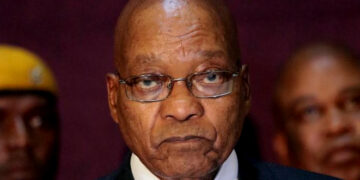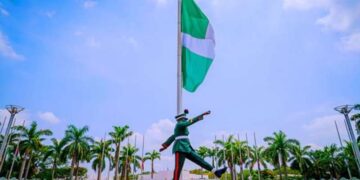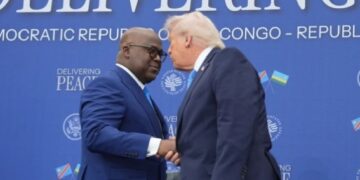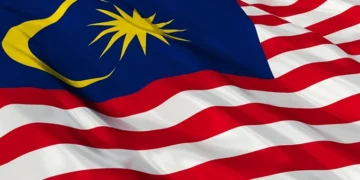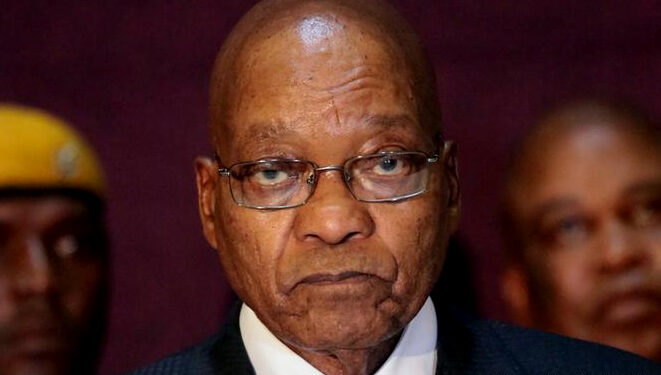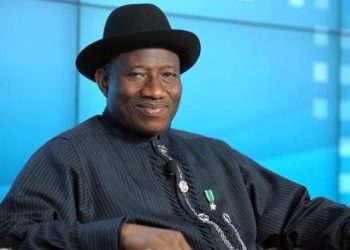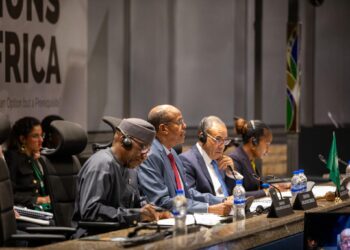uMkhonto weSizwe (MK) Party leader and former South African president Jacob Zuma says he has shifted his position on the Morocco–Western Sahara issue, after receiving what he described as “new facts and realities”.
Zuma, who recently visited Morocco, expressed support for the North African country’s bid to have Western Sahara recognised as one of its provinces.
His latest stance marks a departure from his position during his tenure as both President of South Africa and leader of the African National Congress (ANC), when he backed the country’s long-standing foreign policy calling for the self-determination of the people of Western Sahara and an end to Morocco’s occupation of the territory.
At a media briefing in Sandton on Friday, MK Party spokesperson Magasela Mzobe defended Zuma’s change in position, arguing that the previous approach had failed to yield results.
“Any functioning mind changes his position when presented with new facts, scientific facts and new realities,” Mzobe said.
He also dismissed allegations that the MK Party is receiving funding from the Moroccan government.
The South African government has, for decades, supported the Sahrawi people’s right to independence, aligning with the African Union’s position on the disputed desert region. Zuma’s new stance is therefore seen as a significant political shift.
Background Of Western Sahara Dispute
Western Sahara, a sparsely populated region along the northwest coast of Africa, was a Spanish colony until 1975. After Spain’s withdrawal, Morocco and Mauritania claimed the territory.
The Polisario Front, representing the Sahrawi people, declared the Sahrawi Arab Democratic Republic (SADR) and launched a guerrilla war to defend their right to self-determination. Mauritania pulled out in 1979, and Morocco subsequently annexed the region, though the action has not been internationally recognized.
While the Polisario Front/ SADR pushes for a UN-supervised referendum that would allow the Sahrawi people to choose between independence or integration with Morocco, Morocco asserts sovereignty over Western Sahara, considering it an integral part of its national territory, and not a disputed colony.
International Response
The UN brokered a ceasefire in 1991 and has since spearheaded MINURSO (United Nations Mission for the Referendum in Western Sahara) to manage peace and plan a referendum.
However, disagreements over voter eligibility and logistics have stalled progress, and no referendum has taken place to date. Morocco maintains administrative control over about 80% of the territory, while the Polisario holds the rest, largely as refugee camps in Algeria.
Why This Matters to South Africa
South Africa has historically supported the Sahrawi right to self-determination, aligning itself with other liberation movements across the continent.
Zuma’s recent shift toward supporting Morocco’s claim thus marks a stark departure from decades of South African foreign policy and raises important geopolitical questions about new regional alignments.
